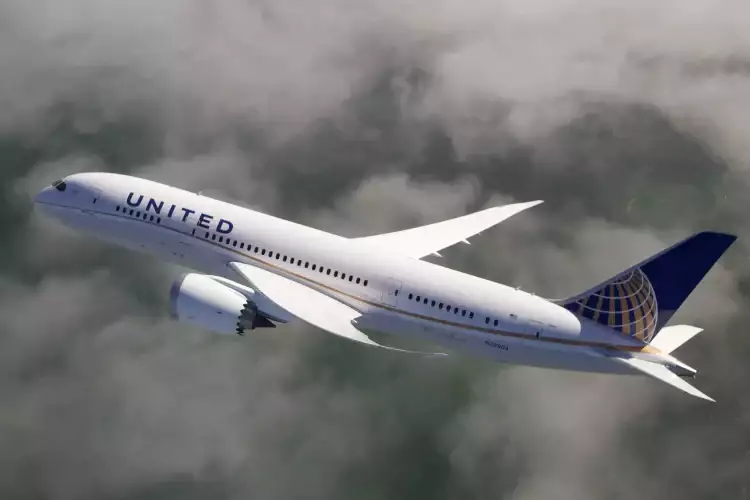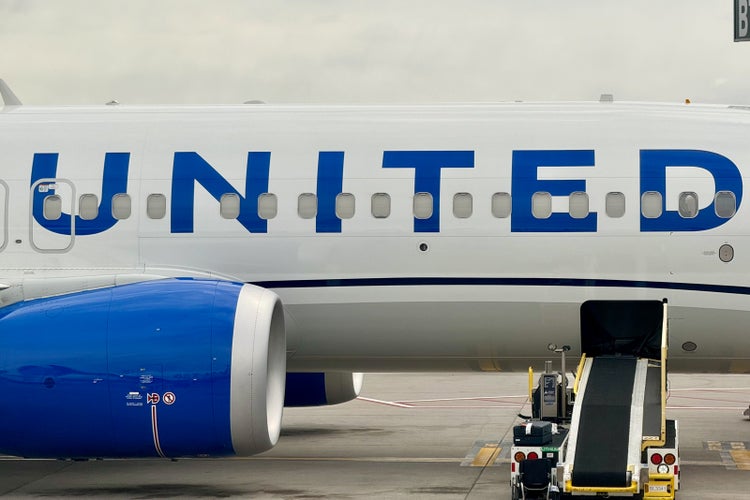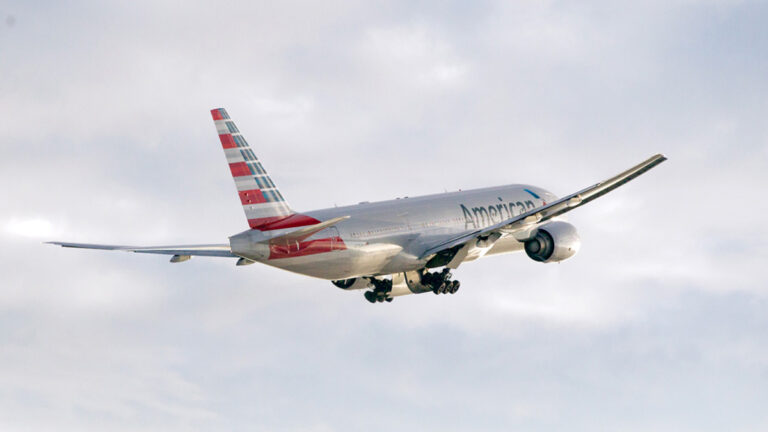United, Delta, cancelling flights to Israel
American airlines United and Delta have announced the cancellation of flights to Israel for the coming days. There is currently no official date for when they will resume flights. As of now, other airlines are also considering canceling their flights.
Two American airlines, United and Delta, have announced the cancellation of flights to Israel for the coming days. They are the only airlines, apart from El Al, that operate direct flights to the United States. At this time, it is unclear when these airlines will resume operations in Israel. Travelers are advised to check with their respective airlines for updates on the continuation of flights.
Additionally, other airlines are currently assessing the possibility of canceling their flights to Israel.
German airline Lufthansa has announced that some of its flights will make stops in Cyprus to change crews, a known procedure also adopted by British Airways and the Dutch airline KLM to avoid crew layovers in Israel during the the Gaza war.
All flights from the Lufthansa Group to Israel are continuing as usual. However, Austrian Airlines has announced adjustments to its schedule, and passengers are advised to check with the airline if they are scheduled to fly in the coming days. Swiss, Brussels Airlines, and Eurowings continue to operate without changes.
Meanwhile, the U.S. State Department has raised the travel advisory level for its citizens regarding Lebanon. In its statement, the American Embassy in Lebanon urged American citizens not to travel to the country and, if already there, to prepare for possible escalation and find shelter. Specifically, regarding the southern region, the directive was even more severe and explicit: Leave the area.
Earlier this week, the embassy called on American citizens to register with the embassy in anticipation of a possible evacuation. The embassy urged its citizens to leave the country while commercial flights are still available.
In recent days, the aviation landscape in the Middle East has been dramatically affected by the ongoing conflict in the Gaza Strip. American airlines United and Delta have announced the suspension of their flights to Israel for the foreseeable future. This decision follows heightened security concerns and the increasing volatility in the region. Both airlines, which provide direct flights from the United States to Israel, have not set a definite date for when they will resume operations. The situation remains fluid, and travelers are strongly advised to stay updated with their respective airlines regarding the status of their flights.
The cancellations by United and Delta have significant implications, given their role as the primary U.S. carriers offering direct flights to Israel, apart from Israel’s national carrier, El Al. This disruption leaves El Al as the sole operator of direct flights between the United States and Israel during this period of heightened tension. The indefinite nature of the cancellations reflects the uncertainty and potential risks associated with flying into the conflict zone.
Other international airlines are also reassessing their operations in Israel. The German airline Lufthansa has announced that some of its flights will now include stops in Cyprus to change crews, a precautionary measure to avoid crew layovers in Israel. This procedure is not unique to Lufthansa; British Airways and the Dutch airline KLM have adopted similar measures. These steps are part of a broader strategy to mitigate risks to airline staff while maintaining flight schedules to the region.
Despite these precautions, Lufthansa Group flights to Israel are continuing as usual, albeit with modifications. Austrian Airlines, a member of the Lufthansa Group, has announced adjustments to its flight schedules. Passengers booked on Austrian Airlines are encouraged to check with the airline for the latest updates on their flights. Meanwhile, other Lufthansa Group airlines such as Swiss, Brussels Airlines, and Eurowings are operating their flights to Israel without any changes, demonstrating a commitment to maintaining connectivity despite the challenges.
The ongoing conflict has also prompted responses from governmental bodies. The U.S. State Department has elevated its travel advisory for Lebanon, urging American citizens to avoid traveling to the country due to the potential for escalated conflict. The American Embassy in Lebanon has issued a stern warning to U.S. citizens already in the country, advising them to prepare for possible evacuation and to seek shelter. The advisory is particularly emphatic about the southern region of Lebanon, with the embassy urging Americans to leave the area immediately.
Earlier this week, the U.S. Embassy in Lebanon took proactive steps by calling on American citizens to register with the embassy in anticipation of a possible evacuation. The embassy emphasized the importance of leaving the country while commercial flights are still operational, highlighting the unpredictable nature of the situation and the potential for rapid escalation.
These developments underscore the broader impact of the Gaza conflict on international travel and safety. Airlines are navigating a complex environment where operational decisions are influenced by both safety concerns for their crew and passengers and the need to maintain connectivity. The precautionary measures taken by airlines such as Lufthansa, British Airways, and KLM reflect a balanced approach to risk management, aiming to continue services while minimizing exposure to potential dangers.
For travelers, this situation demands heightened vigilance and flexibility. Those with plans to travel to Israel or Lebanon should stay in close contact with their airlines and monitor updates from governmental and embassy sources. The dynamic nature of the conflict means that flight schedules and travel advisories can change rapidly, necessitating prompt adjustments to travel plans.
In summary, the cancellation of flights by United and Delta to Israel marks a significant disruption in air travel to the region, with other airlines also evaluating their operations. The measures adopted by Lufthansa and others to mitigate risks to their crews illustrate the challenges faced by the aviation industry in conflict zones. The U.S. State Department’s elevated travel advisory for Lebanon further highlights the broader regional instability. Travelers are urged to remain informed and prepared for sudden changes in their travel plans. As the situation evolves, the priority remains the safety and security of passengers and airline staff, necessitating a cautious and responsive approach to travel in the region.






